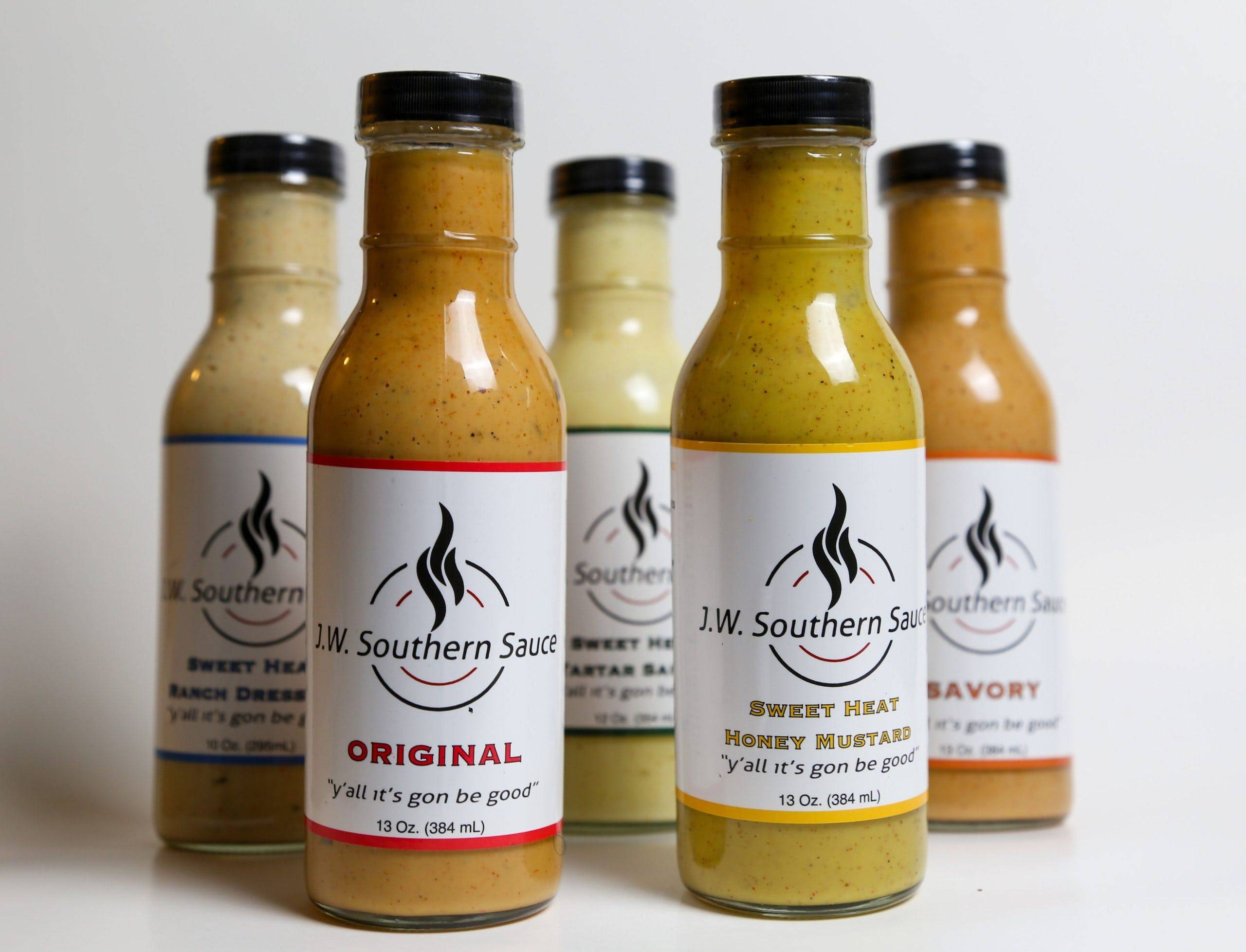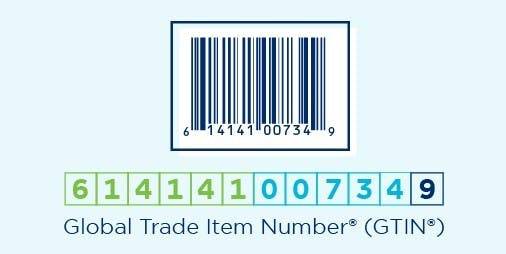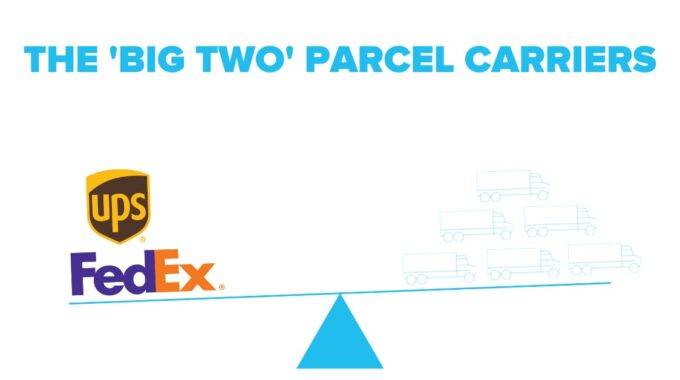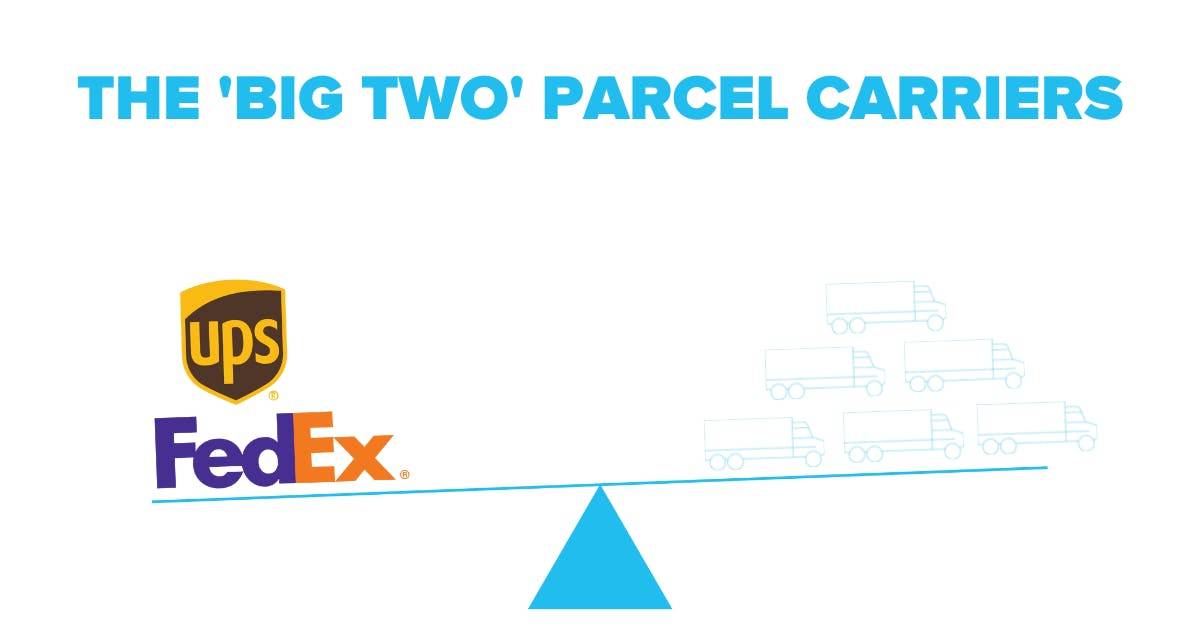This Veteran-Owned Sauce Brand Proves to Retailers That “It’s Gon Be Good”
John Walden, Founder and Chief Quality Assurance/Quality Control Officer of J.W. Southern Sauce grew up in restaurants. His parents and family worked long careers in the service and restaurant industry, where he learned a lot about what makes a good meal. The secret? Sauce. While his love for food and delicious sauces sparked at a young age, manufacturing and producing his own masterful sauces was a new endeavor. From 2005 to 2011, Walden served in the United States Army, where he completed two combat tours in Iraq. While serving in the Army, he started developing J.W. Southern Sauce, born through his collective experiences across several countries and many years of trying to make military food more flavorful. Several years and lots of hard work later, the one-of-a-kind LGBTQ-, veteran-, and now Black-owned and operated brand launched on March 18, 2021.

We mustard from the beginning
Before launching J.W. Southern Sauce, Walden received formal education about the sauce manufacturing industry by attending an array of food-safe programs and the University of Georgia’s Department of Science and Technology’s Better Process Control School. From there, he needed a message behind his brand, something that represented all his hard work and would resonate with …


















